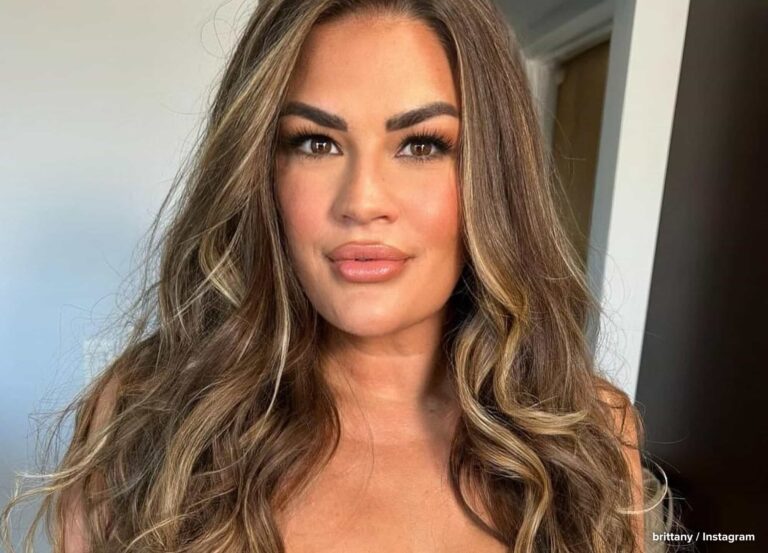Breast augmentation is very common—in fact, it’s the most popular cosmetic surgery in the country, according to the American Society of Plastic Surgeons. Yet despite the fact that more than 300,000 women in the U.S. get the procedure every year, not everyone is a candidate for it. A few circumstances may cause a doctor to say no or, at least, “Not right now.” Read on for the most common reasons a surgeon may turn down a patient after a consultation.
Changes on the scale
When weight is in a state of flux, doctors generally prefer to hold off on surgery until things are steady. “The reason for this is that we want the breast to be in a stable place for surgery. If the tissue is still changing, it is much harder for me to create a predictable long-term result for you,” explains Dr. Rocco Piazza, a board-certified plastic surgeon in Austin, Texas.
Alternatively, a doc may ask you to lose a bit of weight before the operation if your BMI is considered medically high, explains Dr. John Paul Tutela, a board-certified plastic surgeon in New York City and Livingston, New Jersey. A 2011 study found that obese patients were 12 times more likely to experience problems post-surgery. “This could put you at risk for increased complications, and many surgeons, including myself, will not operate until your BMI comes down,” he says. The cutoff can vary by the doctor—Dr. Tutela prefers his patients to have a BMI below 30.
Breastfeeding and family plans
Dr. Lara Devgan, a board-certified plastic surgeon in New York City and RealSelf’s chief medical editor, says that breastfeeding should be taken into consideration when planning an augmentation—not because it impacts your ability to nurse but because it can temporarily alter the breasts’ form. Dr. Devgan says she schedules surgery six months out from when a patient stops breastfeeding, when the “contour and shape of the breasts” have settled.
For the same reason, doctors also ask about family-expansion plans. “I tell all my patients that if you are planning to have children within the next year, it may be best to postpone your breast augmentation until after your pregnancy, as the hormones can sometimes make the breast change significantly,” says Dr. Piazza. “You might need a bigger implant or a breast lift after pregnancy, to achieve your desired breast enhancement results.”
Unclear or unrealistic expectations
Safety is always the first priority in any cosmetic surgery, reminds Dr. Devgan, so anytime a patient is yearning for implants bigger than her frame can handle, a surgeon could decide that it’s best not to perform the procedure at all if expectations can’t be adjusted. Likewise, adds Dr. Piazza, not being clear in what you want can also be cause to hold off. If, after a consultation, you “still don’t know what you want or you waiver between different looks, it may be best to postpone your procedure until you are sure what it is you want most,” he explains. “I want all my patients’ desired expectations with a breast augmentation to be met, at a minimum—and exceeded, ideally,” he says.
Underlying medical issues
It’s not surprising, but being medically unfit for surgery is one of the major reasons doctors reject patients requesting breast augmentation. Any surgeon will require medical clearance from your general practitioner for anesthesia—and they’ll flag health concerns, like severe heart or lung issues or uncontrolled diabetes. “Overall, their patient history—both past surgeries and family history—will really narrow down if healing could be a potential problem post-surgery,” says Dr. Norman Rowe, a board-certified plastic surgeon in New York City. “It’s a case-by-case scenario.”
A lack of commitment to recovery
Post-operative care is crucial to healing—so if your life isn’t prepped to handle the downtime necessary, you should delay surgery until you can fully commit to recovery, says Dr. Devgan. Beyond just generally taking it easy, you’ll have to stay away from water, outside of showering, for two weeks as well as avoid exercise for six weeks. If you’re not able to embrace these rules—whether you’re a Spin instructor who can’t take the time off or have a snorkeling excursion planned soon after surgery—your doctor will push back your procedure date until you can get things set up for success.
Not being in the right frame of mind
Patients need to be emotionally prepared for the operation. That means, your surgeon will want to ensure you’re making a decision you’re comfortable with (rather than, say, something you may reluctantly be doing to please a partner) and that you’re in a good headspace and life space. Dr. Tutela tells of a time he noticed a patient seemed very stressed, so he pressed her for details. “She told me that she was in the midst of going through a pretty nasty divorce and she was depressed and anxious about it. She had lost 25 pounds in the past six to eight weeks because she was not eating, [so] I told her that we should postpone her surgery until she was in a better state of mind and was eating a balanced diet.” She returned later when her life, weight, and health had stabilized, and, he says, “she is one of my happiest patients today.”











